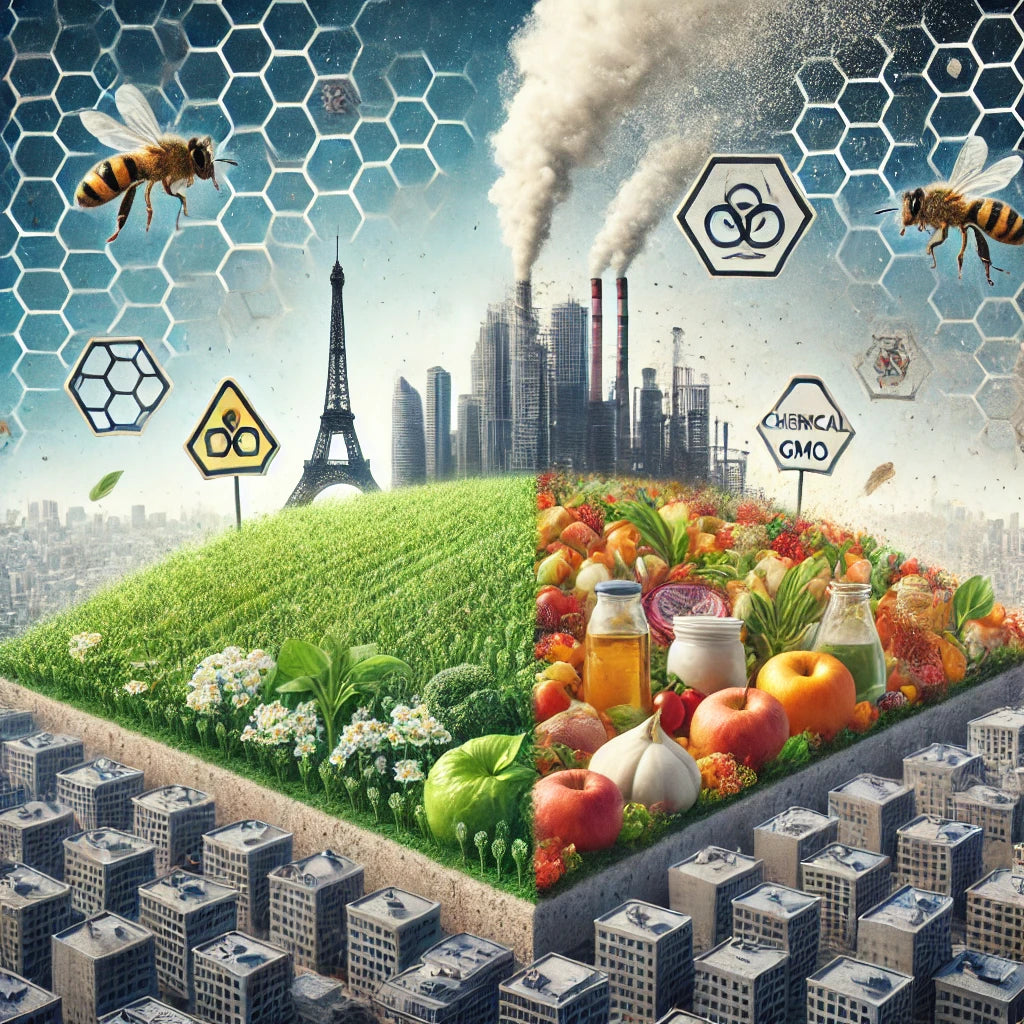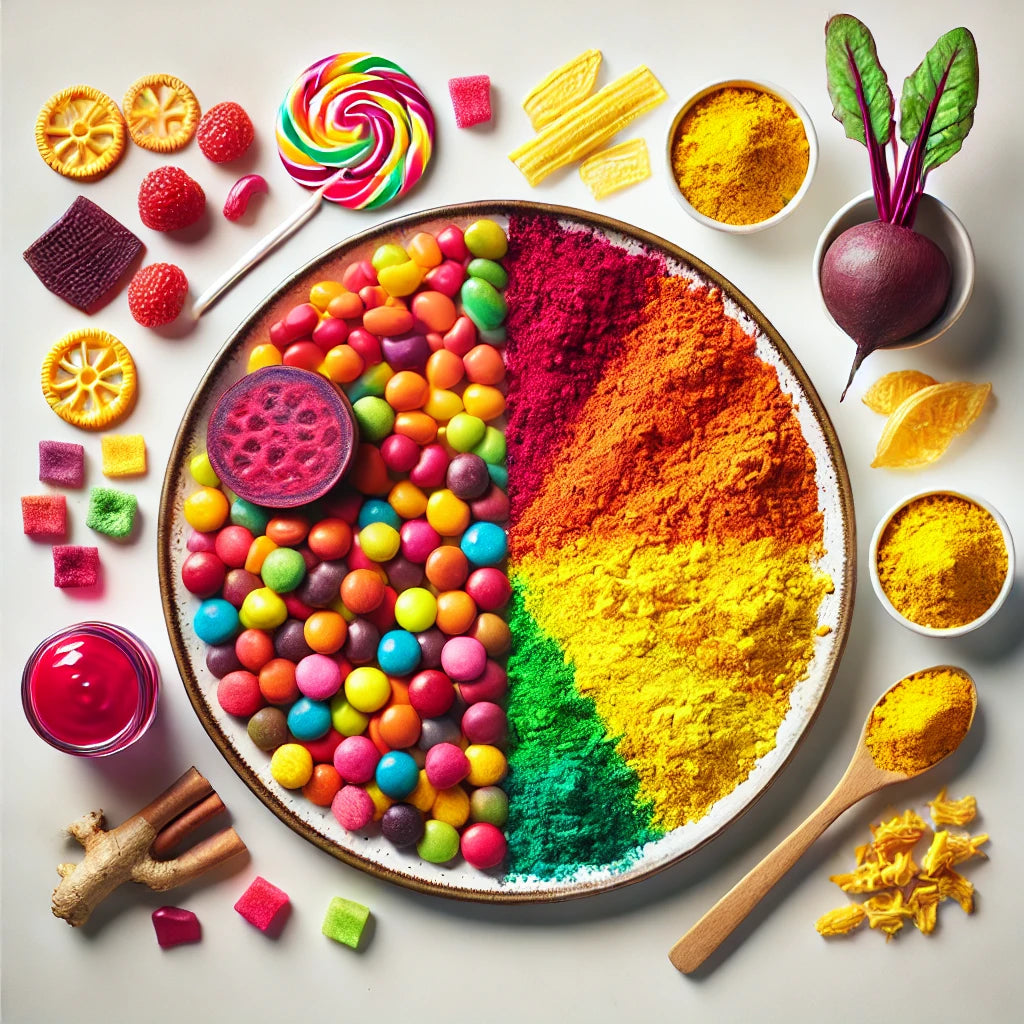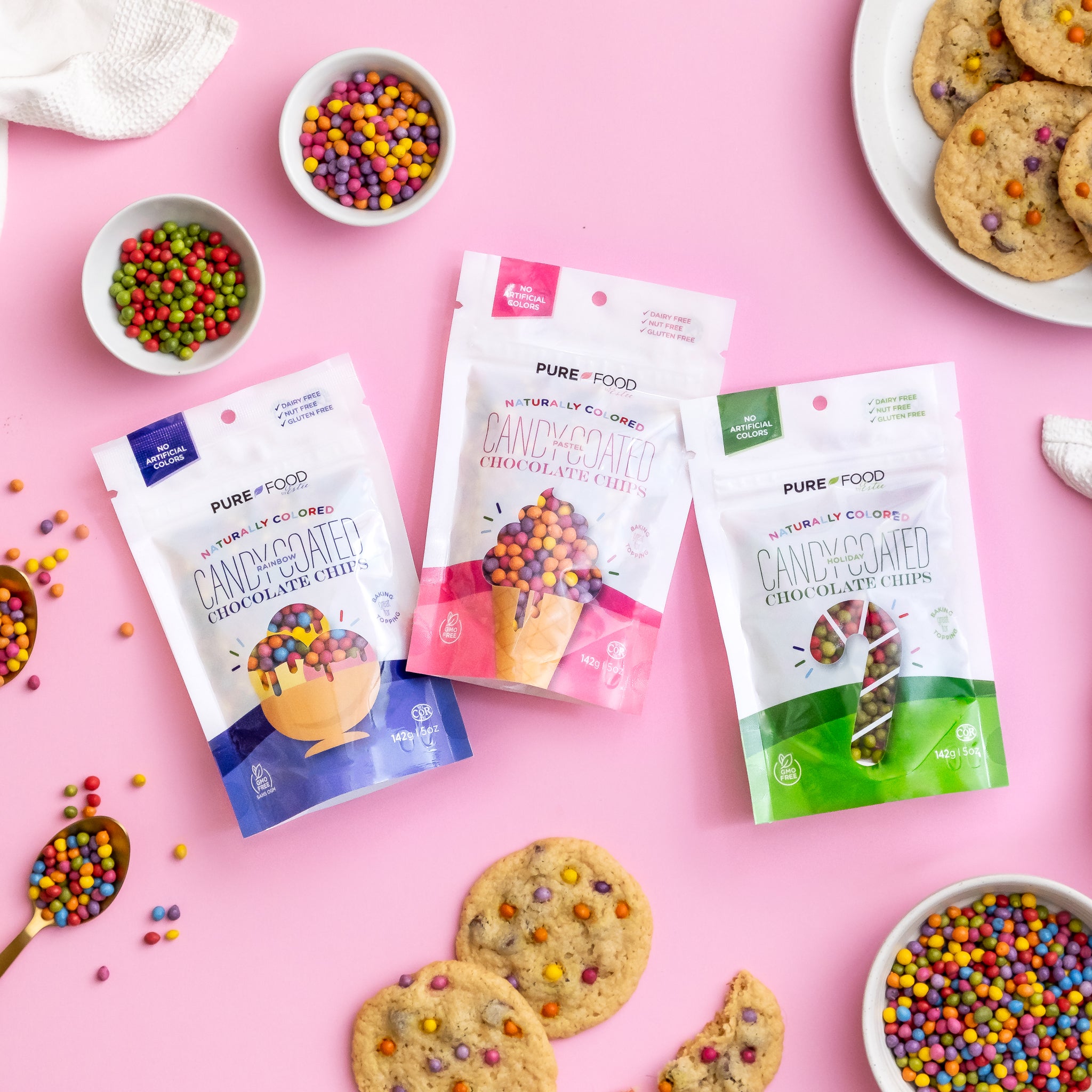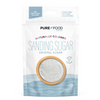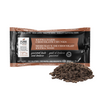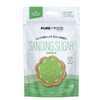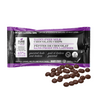It's an unsettling trend that's hard to ignore—more people around the world are experiencing allergies than ever before. The World Allergy Organization reports a significant uptick in allergic conditions, especially in urban and industrialized regions. It begs the question, why is this happening, and what can we do about it?
The Unseen Culprits Behind Allergens
Several factors are fueling this global rise in allergens. Chief among them are changes in our environment, the increasing prevalence of genetically modified organisms (GMOs), and the indiscriminate use of chemicals in agriculture and food production.
Environmental shifts, including air pollution and climate change, are known to exacerbate allergic sensitization. The rise in pollen levels due to changing weather patterns is one such example. Meanwhile, food production has become a complex dance of genetic modification and chemical intervention, aimed at increasing yield and shelf life but potentially at the cost of our health.
Consider the case of GMOs. While promising increased food security, there is growing evidence suggesting their impact on human health, particularly concerning the immune system. Research indicates a potential link between GMOs in our diet and an increase in allergic reactions. Similarly, the extensive use of chemicals, pesticides, and preservatives is not without consequence. Studies show a correlation between these additives and the rise in food allergies, shedding light on the possible harm they pose to our bodies.
The Impact on Public Health
The consequences of rising allergens are particularly severe for children and those with pre-existing vulnerabilities. Allergies are not merely inconvenient; they can be life-threatening. They disrupt daily life, affect dietary choices, and place a significant burden on healthcare systems.
A Call for Cleaner Food
In response, there is a growing call for a return to cleaner, non-GMO, chemical-free food. By choosing organic produce and supporting farming practices that prioritize health over profit, we can begin to mitigate the rise in allergens. There are numerous cases of individuals experiencing dramatic improvements in allergy symptoms after switching to organic, non-GMO diets. These stories highlight the potential benefits of cleaner food and reinforce the need for greater consumer awareness.
Industry Responsibility and Change
The food industry must take responsibility for its role in this crisis. Stricter regulations, transparency in labeling, and a commitment to sustainability are imperative. Consumers deserve to know what they're eating and how it's produced. We need greater oversight to ensure that the food we consume is safe, healthy, and free from harmful substances.
Conclusion
In conclusion, it's time for a collective shift toward cleaner, safer food. The rise in allergens is a wake-up call for us all. It's about more than just personal choice; it's about safeguarding the health and well-being of future generations. Let's advocate for change, demand transparency, and support policies that prioritize health over profit. Together, we can create a world where food nourishes rather than harms, helping to reverse the alarming trend of rising allergens.
For healthier food choices and allergen-free options, visit Pure Food Canada and explore our selection of organic, non-GMO products.

